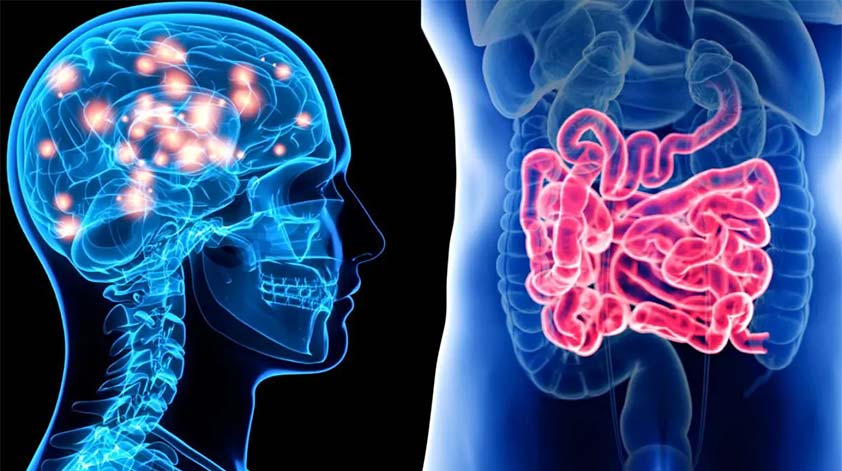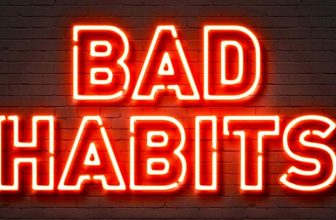
The gut-brain connection, also known as the gut-brain axis, is a complex and fascinating network of communication between the gastrointestinal system and the brain. Emerging research has revealed that the health of our gut directly influences our brain function and mental well-being.
In this listicle, we explore seven intriguing ways in which the gut-brain connection manifests and impacts our overall health. Follow on for The Gut-Brain Connection: 7 Ways Your Gut Affects Your Brain.
1. The Vagus Nerve: A Direct Communication Channel
The vagus nerve, the longest cranial nerve, serves as a direct communication channel between the gut and the brain. This nerve facilitates bidirectional signaling, enabling the gut to send information to the brain and vice versa. It plays a crucial role in regulating digestion, mood, and even memory formation.
2. The Microbiome
A World Within. The gut is home to trillions of bacteria, fungi, and other microorganisms, collectively known as the microbiome. Research has shown that the microbiome plays a significant role in brain health and function. The gut bacteria produce neurotransmitters, such as serotonin and dopamine, which influence mood and cognition.
3. Serotonin: The Mood Regulator
Serotonin, often referred to as the “happy hormone,” is predominantly produced in the gut. It plays a vital role in regulating mood, sleep, and appetite. Imbalances in serotonin levels have been associated with mental health conditions like depression and anxiety, highlighting the importance of gut health for emotional well-being.
4. Inflammation: The Culprit Behind Brain Fog
Chronic inflammation in the gut can lead to a cascade of inflammatory signals that affect the brain. This inflammation has been linked to “brain fog,” a state of cognitive impairment characterized by memory problems, difficulty concentrating, and reduced mental clarity. Maintaining a healthy gut can help mitigate inflammation and support optimal brain function.
5. Gut Microbes and Brain Development
The gut microbiome has a significant impact on brain development, particularly during early childhood. Studies have shown that disruptions in the gut microbiota composition at a young age can influence cognitive function and increase the risk of neurodevelopmental disorders such as autism spectrum disorder (ASD).
6. Stress and Gut-Brain Axis
Stress can disrupt the delicate balance of the gut-brain axis. Chronic stress activates the body’s stress response system, leading to alterations in gut permeability, gut microbial composition, and neurotransmitter production. These changes can contribute to digestive disorders and mood disorders, emphasizing the bidirectional relationship between stress and gut health.
7. Therapeutic Potential: Healing the Brain Through the Gut
Understanding the gut-brain connection has opened up new avenues for therapeutic interventions. Probiotics, for example, are beneficial bacteria that can restore microbial balance in the gut and improve mental health outcomes. Additionally, certain dietary modifications, such as consuming prebiotic-rich foods, can nourish the gut microbiome and support brain health.
The gut-brain connection is a remarkable field of study that continues to reveal the intricate ways in which our gut health influences our brain function and mental well-being.
From the direct communication via the vagus nerve to the impact of gut microbes on brain development and mood regulation, our understanding of this connection has immense implications for improving mental health and overall quality of life.
By prioritizing a healthy gut through a balanced diet, stress management, and targeted interventions, we can harness the power of the gut-brain axis to nurture both our physical and mental well-being.









